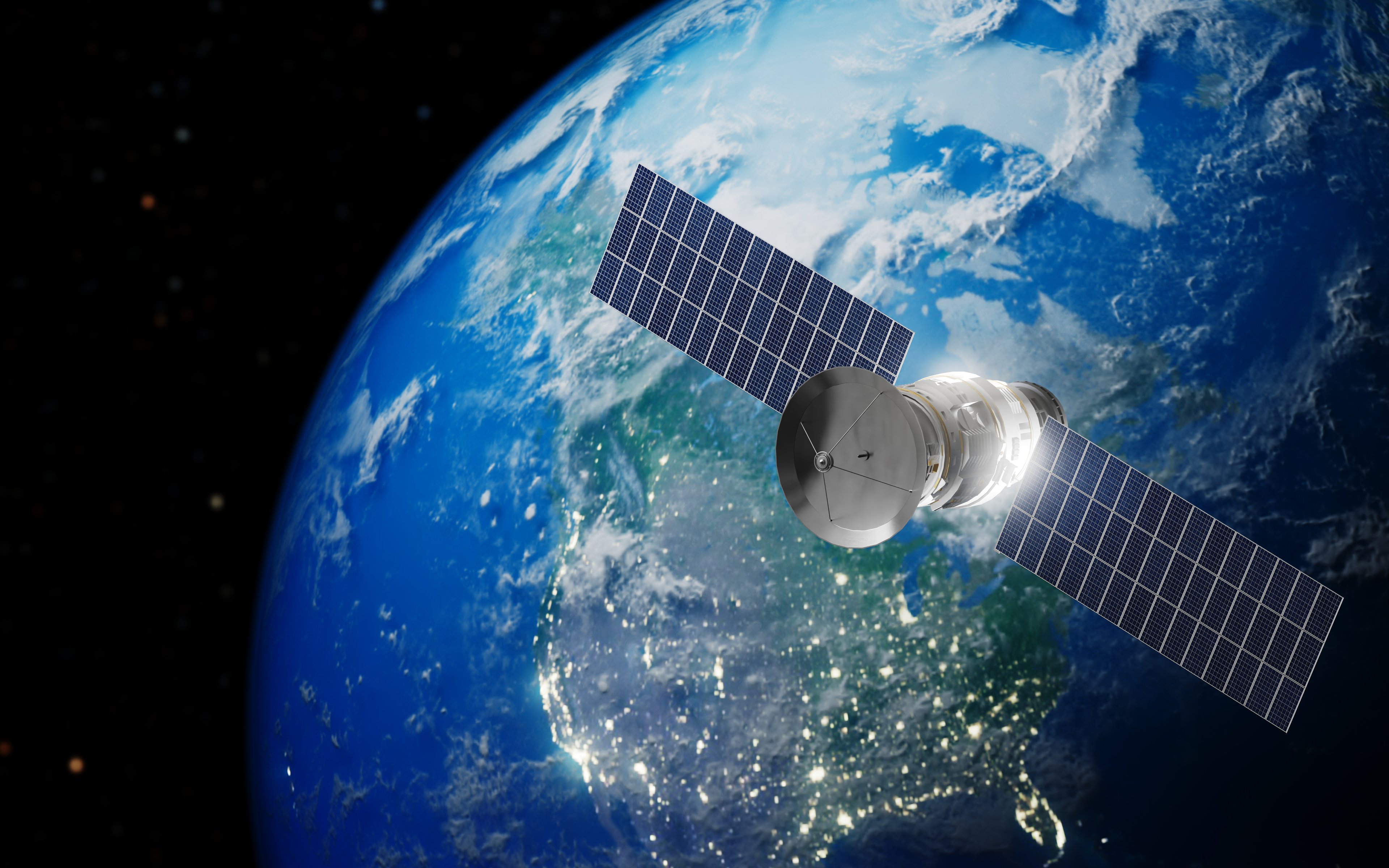December has been a month to remember for Rocket Lab fans -- and for investors hoping to profit from an eventual Rocket Lab IPO.
On Dec. 9, the company conducted its 10th-in-a-row successful launch of a Rocket Lab Electron rocket into orbit. As an added bonus, the company then "completed a guided reentry of the Electron vehicle's first stage as part of the company's plans to make Electron a reusable rocket" -- Rocket Lab's initial step toward duplicating SpaceX's feats in reusable rocketry.
The Dec. 9 launch also featured the debut of Rocket Lab's fully Autonomous Flight Termination System, or AFTS, which is able to independently determine if a flight path is "off nominal" and must be aborted. As the company explained, AFTS "eliminates the need for a ground-based infrastructure" to make this decision -- cutting costs and making Rocket Lab's rockets even more cost competitive with those of rival providers. But here's the biggest news of all:
Rocket Lab is coming to America.

Image source: Rocket Lab.
A challenge in SpaceX's own backyard
For months, we've watched in wonder as Rocket Lab evolved from a novelty rocket company into a bona fide, 100%-reliable (so far) provider of small satellite launch services -- and we haven't been the only ones watching.
In August, rising American space launch giant SpaceX announced its first move to push Rocket Lab out of its market. Announcing a new sort of "smallsat express" service in which dozens of small satellites are bundled aboard large Falcon 9 rockets for delivery to orbit en masse, SpaceX is offering launch prices as low as $5,000 per kilogram.
That's just a fraction of the close to $30,000 per kilogram that Rocket Lab is able to offer for more individualized service -- but Rocket Lab isn't taking this challenge lying down.
On Dec. 12, just three days after completing its 10th successful mission, Rocket Lab announced that it has expanded operations by opening its first launch pad in the United States. (So far, Rocket Lab has been launching only from its home base in New Zealand.) Dubbed Launch Complex 2, or LC-2, Rocket Lab's new launch pad is located at the NASA Wallops Flight Facility in Virginia -- the same location from which Northrop Grumman launches its supply missions to the International Space Station. From this Eastern Shore locale, Rocket Lab can launch rockets, secure in the knowledge that if it ever does have a mishap, the rocket can be permitted to safely fall into the Atlantic.
What it means to investors
In opening up LC-2, Rocket Lab is making its small satellite launch services increasingly accessible to American customers -- and reducing their costs in the process, inasmuch as American sats will no longer need to be shipped to New Zealand for the company to launch them.
Whether that cost reduction is enough to maintain market share in the face of steep price reductions by SpaceX remains to be seen. On the one hand, it's unlikely the cost reductions will be sufficient to close the overall price gap for launches. On the other hand, though, because satellites will not have to be shipped halfway around the world to launch, there should be significant savings in time to launch.
After all, Rocket Lab markets its launches as being more "tailored" and "responsive" to clients' needs than the sort of mass-market delivery to orbit that SpaceX is hawking, with "frequent" launches and "precise deployment to [a client's preferred] orbit." This tailoring of the launch service is arguably Rocket Lab's key differentiator versus SpaceX. And with LC-2 in operation, Rocket Lab says it can now offer a "responsive launch capability from home soil for U.S. government small satellites...[with] the ability to deploy satellites to precise orbits in a matter of hours, not months or years."
This is something even SpaceX cannot yet boast.
Rocket Lab is also horning in on SpaceX's business by winning another contract from one of SpaceX's favorite customers -- the United States Air Force. (Rocket Lab has previously launched satellites for USAF from its Launch Complex 1 site in New Zealand.) On its inaugural mission, LC-2 will launch "a single research and development micro-sat" dubbed STP-27RM for the Air Force's Space Test Program. With a targeted launch date in Q2 2020, STP-27RM will be used for "space weather research," reports SpaceNews.com.
With LC-2 serving the American market and LC-1 focusing on Asian customers, the two sites combined will give Rocket Lab sufficient capacity to launch as many as 130 times annually.
Let's see how long it takes SpaceX to match that.





